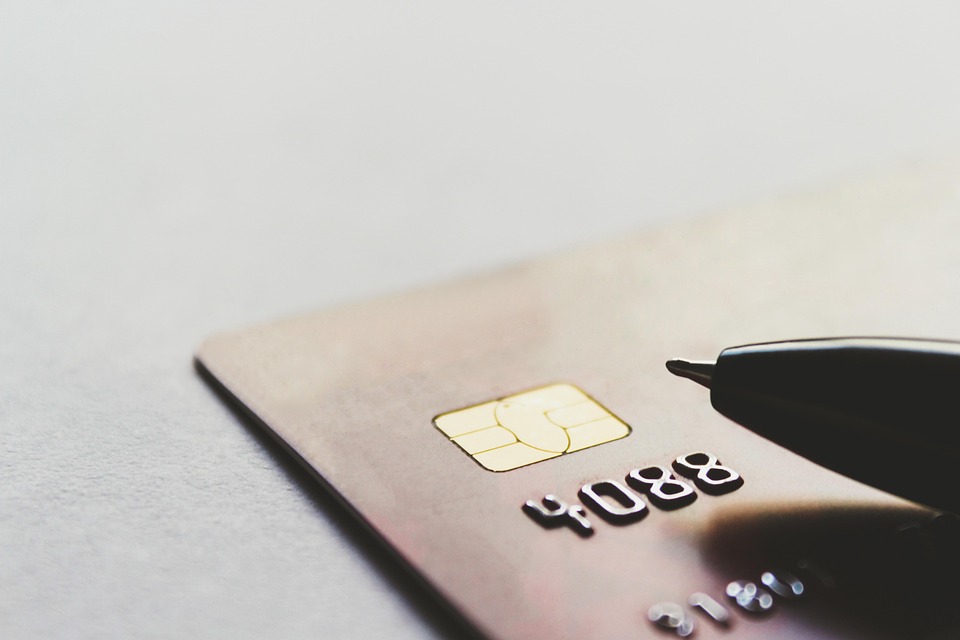Understanding Extremely Bad Credit Loans
When it comes to securing a loan with extremely bad credit, the process can be daunting. Traditional lenders often shy away from applicants with poor credit histories, leaving many individuals feeling hopeless. However, there are lenders who specialize in providing loans to those with bad credit. Understanding what these lenders look for can significantly improve your chances of approval.
Credit Score Considerations
While a low credit score is a primary concern for lenders, it is not the only factor they consider. Many lenders have specific thresholds for credit scores, often categorizing them into ranges. For extremely bad credit, this typically means a score below 580. However, some lenders may still be willing to work with applicants whose scores fall even lower.
Income Verification
One of the most critical factors lenders evaluate is the applicant’s income. Lenders want to ensure that you have a stable source of income to repay the loan. This means providing proof of employment, pay stubs, or bank statements. A consistent income stream can help offset the risk associated with a low credit score.
Debt-to-Income Ratio
Lenders also assess your debt-to-income (DTI) ratio, which compares your monthly debt payments to your gross monthly income. A lower DTI ratio indicates that you have a manageable level of debt relative to your income, making you a more attractive candidate for a loan. Ideally, lenders prefer a DTI ratio below 40%, but some may consider higher ratios depending on other factors.
Collateral and Secured Loans
For those with extremely bad credit, offering collateral can significantly improve your chances of loan approval. Secured loans require you to pledge an asset, such as a car or property, as collateral. This reduces the lender’s risk, as they can seize the asset if you default on the loan. Be prepared to provide documentation proving ownership and value of the collateral.
Loan Purpose and Amount
The purpose of the loan can also influence a lender’s decision. Lenders may be more inclined to approve loans for essential expenses, such as medical bills or home repairs, compared to discretionary spending. Additionally, the amount you request can impact approval; smaller loan amounts may be easier to secure than larger ones.
Alternative Credit Data
Some lenders are beginning to consider alternative credit data when evaluating loan applications. This can include factors such as payment history for utilities, rent, and other non-traditional credit sources. If you have a positive payment history in these areas, it may help bolster your application.
Co-Signers and Joint Applications
Having a co-signer with good credit can significantly improve your chances of loan approval. A co-signer agrees to take responsibility for the loan if you default, which reduces the lender’s risk. Additionally, applying for a loan jointly with someone who has better credit can also enhance your chances of approval.
Conclusion
Securing a loan with extremely bad credit is challenging, but not impossible. By understanding what lenders look for, you can take steps to improve your chances of approval. Focus on demonstrating stable income, managing your debt-to-income ratio, and considering secured loans or co-signers. With the right approach, you can find a lender willing to work with you, even in the face of bad credit.




